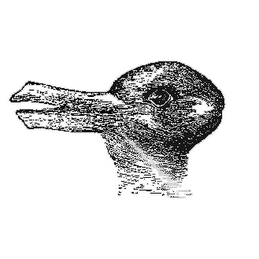When I set out to make Honey, I was motivated by a desire to dramatize the smaller, more phenomenological moments of life, to show how easy it is to miss them in oneself and others. Doing this requires that the film contain moments that cannot readily be defined, moments that the lazy film viewer will tune out because they are "too hard." Important moments in life are not highlighted for us; we must pay attention to them before they are gone. To make a movie about these moments requires incorporating them into the film itself. If you do not pay attention, nothing will make sense.
While Honey is about something, the something it is about is not plot. Its defining quality is its style—a style of storytelling which requires inference on the part of the viewer and an ability to discern things which could easily be missed. I didn't want to make a film about people's insensitivity to others while letting the viewer off the hook, and by not calling attention to details that are important, I hope to create empathy in the viewer, rather than simply suggest it. One cannot shout about silence. One cannot point things out as a means of teaching someone to look more closely. Behind the apparent chaos is a meticulously plotted script--none of the scenes was improvised to any degree.
Friday, July 3, 2009
Honey Director's Statement
This is from the old press kit I made when I was (fruitlessly) sending Honey out to film festivals. Forgive the use of the word phenomenological--I just wanted to convey the sense of life as it feels when you're living it, not life as someone else might observe it. The perils of studying even a little bit of philosophy...
Subscribe to:
Comments (Atom)
